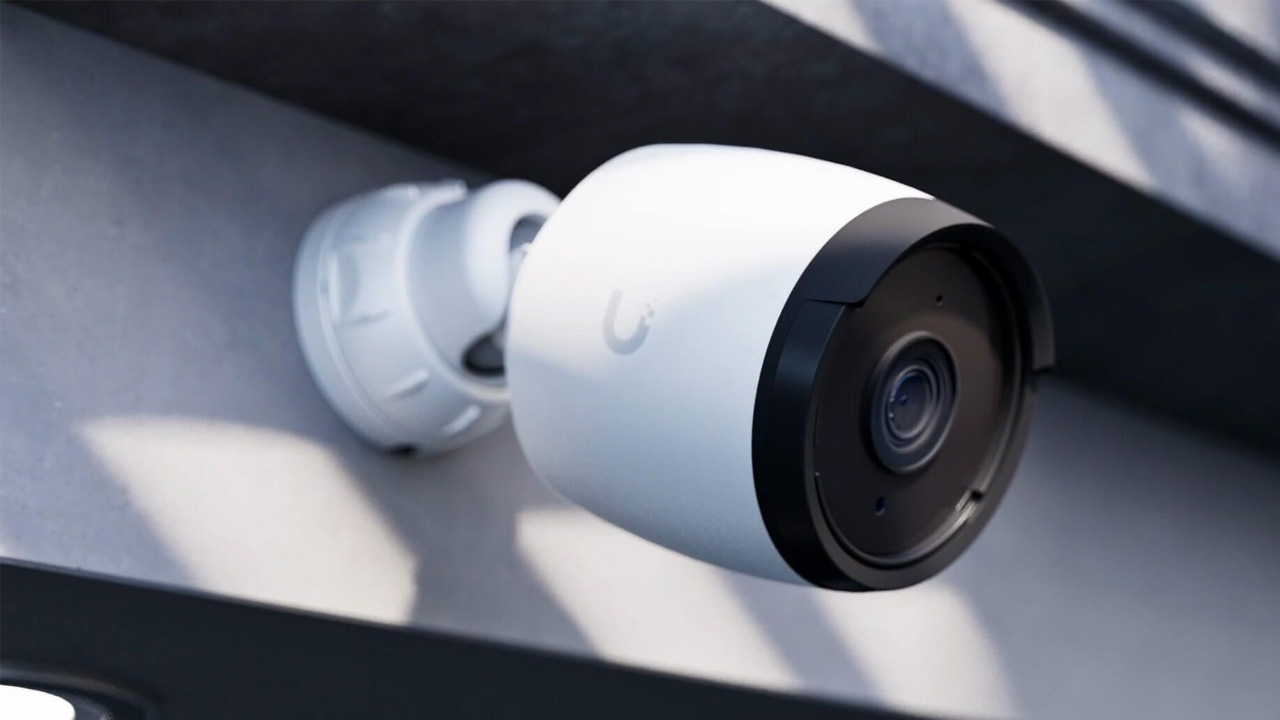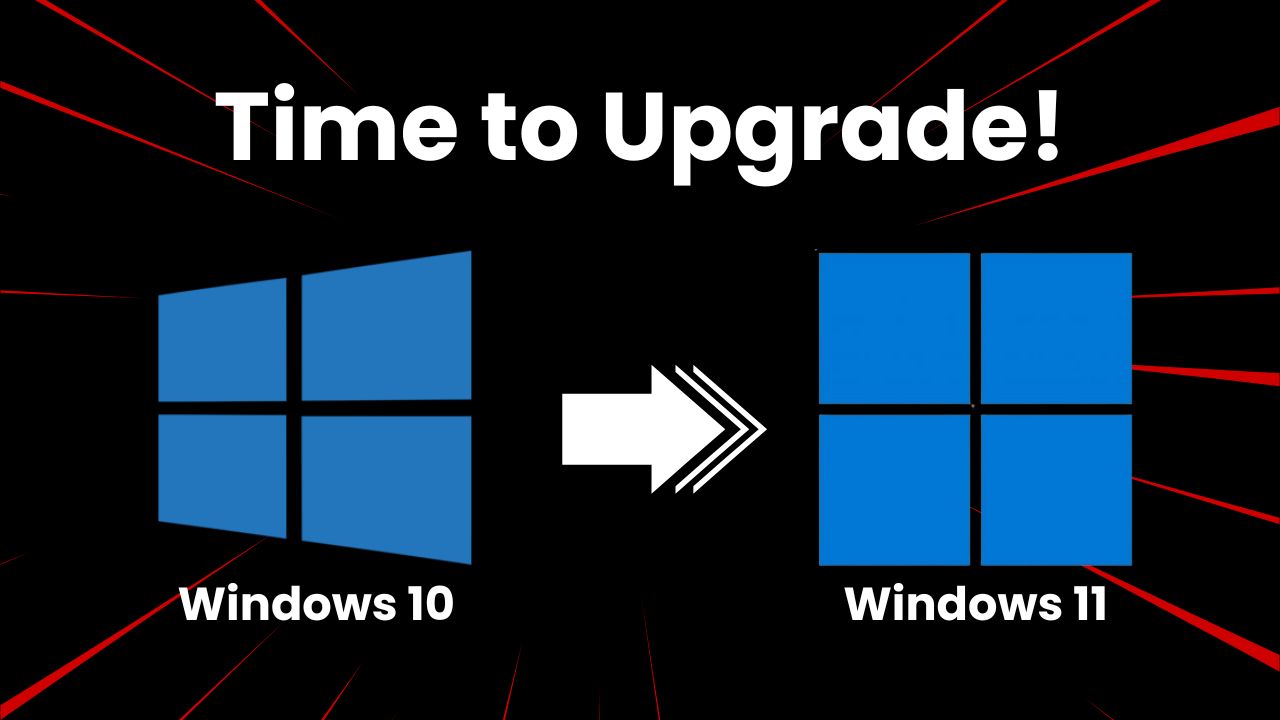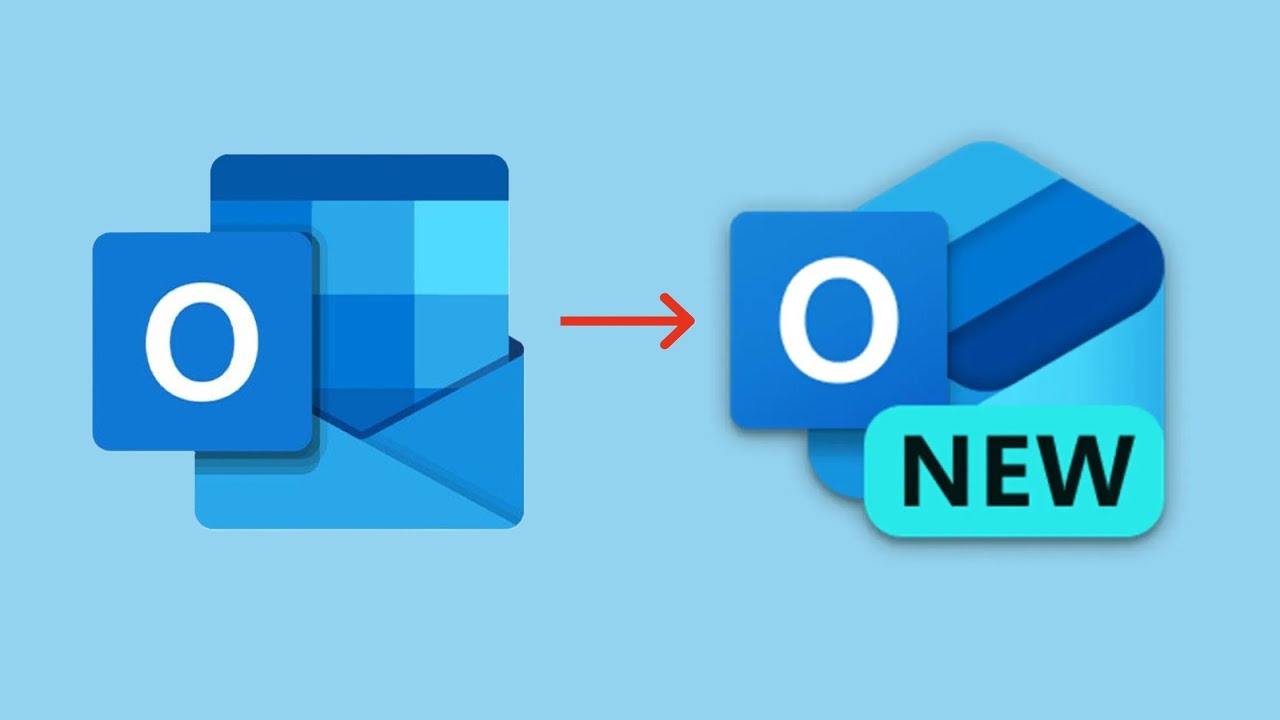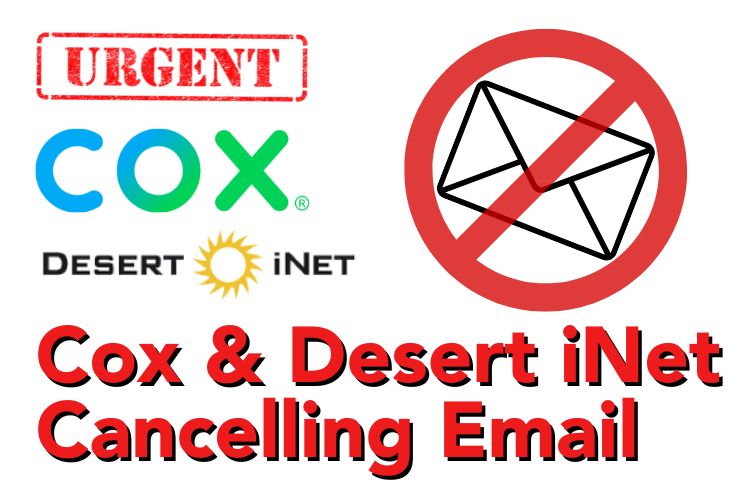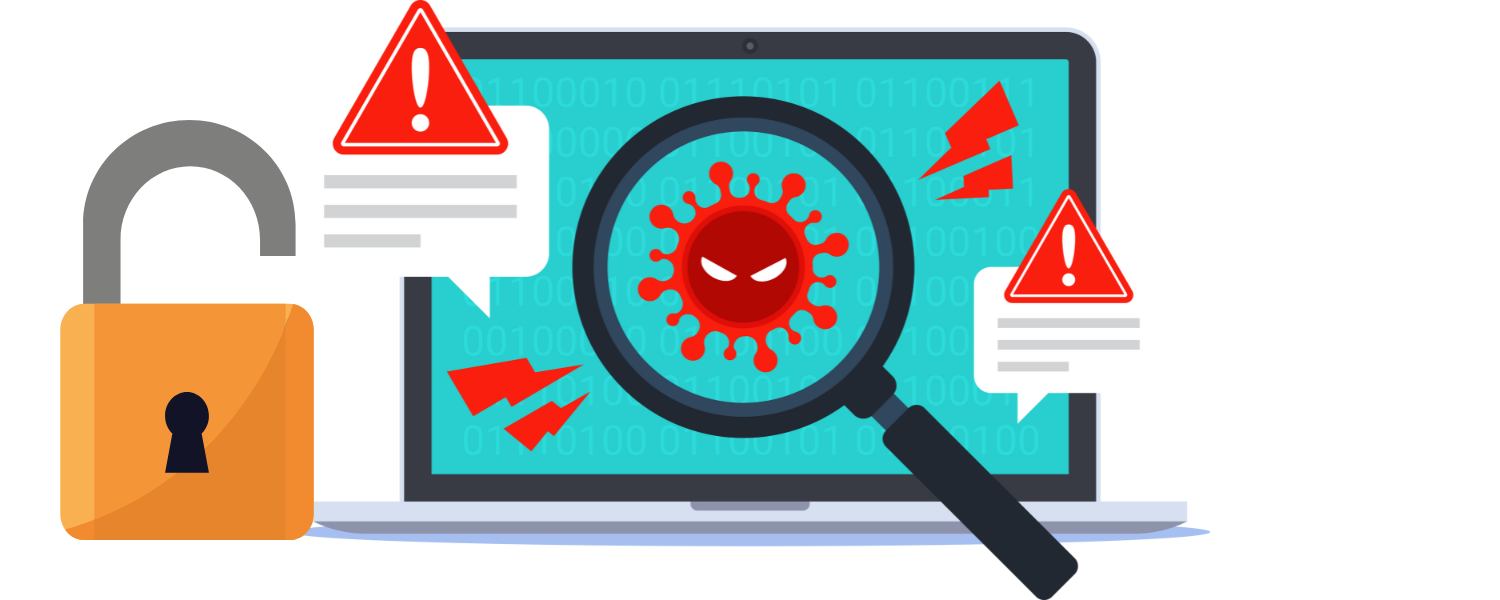
Recognizing Viruses & Steps to Preventing Them From Spreading
Imagine you’re at home, comfortably settled in your favorite chair, and you receive an email from a friend. The email looks a bit strange, but you decide to click on the attachment anyway. Suddenly, your computer starts acting up, running slow, and showing pop-ups. What just happened? You might have fallen victim to malware, a term that can sound intimidating, but don’t worry—protecting yourself from it is simpler than you think.
In today’s digital age, viruses are a common threat, especially for those of us who didn’t grow up with computers. The good news is that understanding and preventing malware doesn’t require you to be a tech wizard. As someone who has spent years helping people like you with their computer issues, I’ve seen firsthand how a little knowledge can go a long way in keeping your devices safe. So, let’s dive into the world of malware protection, starting with the basics.
What is a Virus?
A virus, is any software designed to harm your computer or steal your data. It comes in various forms, such as malware, trojans, ransomware, and spyware. Understanding these can help you recognize and avoid them.
- Types of Viruses:
- Bugs: Software errors that can create security vulnerabilities.
- Worms: Malicious programs that replicate themselves to spread to other computers.
- Virus: These attach themselves to legitimate programs and spread to other files when the program runs. Think of them like a cold virus that spreads from person to person.
- Bots: Automated programs that can be used for malicious purposes.
- Trojan Horse: Named after the Trojan horse from Greek mythology, these malicious programs disguise themselves as harmless or useful software.
- Ransomware: This type locks you out of your files and demands a ransom to unlock them, much like a kidnapper holding something hostage.
- Adware: Unwanted software designed to throw advertisements up on your screen, often within a web browser.
- Spyware: This sneaky software hides on your computer and secretly collects your personal information, like a burglar snooping through your drawers.
- How Viruses Affects Your Computer:
- Slows down performance.
- Causes frequent crashes.
- Leads to unexpected pop-ups and ads.
- Compromises personal information and data
At Tech 4 Life, we helped a married couple named Joe and Mary for over 50 years. Joe came in one day saying he received an email that looked like it was from their bank, asking him to download a document. Without thinking much of it, he clicked on the link, and soon their computer was crawling with problems—running slow, pop-ups everywhere, and even some of their personal files were inaccessible. Joe felt terrible, thinking he had caused all this trouble. But after a few hours of work, we managed to clean up the viruses and secure their computer. Joe learned a valuable lesson about being cautious online, and even went to lengths to make sure it didn’t happen again. He signed up for our Proactive Protection Plan (PPP) that helped catch these malicious scams and viruses before they attacked. He now is much more cautious of these scams and with the help of PPP, hasn’t had another incident.
How A Virus Spreads
A virus can come from various sources, including email attachments, downloads from untrustworthy sites, and clicking on pop-up ads.
- Email Attachments:
- Be wary of attachments from unknown senders.
- Even if the email appears to come from someone you know, double-check with the sender if the attachment seems unusual.
- Downloads from Untrustworthy Sites:
- Always download software from official or reputable sources.
- Avoid clicking on download links that pop up unexpectedly.
- Pop-up Ads:
- Pop-ups can often be misleading and lead you to download malware.
- Use a pop-up blocker to prevent these from appearing.
Do you frequently download attachments from emails or software from unknown websites?
It may be time to have some extra protection with out Proactive Protection Plan. To learn more click here
Recognizing the Signs of A Virus
Common symptoms include slow performance, frequent crashes, and unexpected pop-ups.
- Slow Performance:
- Malware can use your computer’s resources, causing it to run slowly.
- If your computer is suddenly much slower than usual, it might be infected.
- Frequent Crashes:
- If your computer crashes often, it could be due to malware disrupting normal operations.
- Unexpected Pop-ups:
- Pop-ups that appear out of nowhere, especially those that warn about infections, are often signs of malware.
A senior client of ours, Mr. Johnson, noticed that his computer had become unbearably slow. He also started seeing pop-ups claiming his computer was infected and needed immediate attention. Mr. Johnson called Tech 4 Life, and after some investigation, we found that his computer was infected with several types of malware. After removing the malware, his computer’s performance improved dramatically. He is now on the Proactive Protection Plan that is one step ahead of any suspicious activity.
Preventing A Virus Infections
Prevention is always better than cure. By following a few simple steps, you can significantly reduce the risk of malware infections. Extra measure with a secure antivirus software is something we always suggest.
- Installing Antivirus Software:
- Antivirus software can detect and remove malware before it causes harm.
- Make sure your antivirus software is always up-to-date.
- Keeping Software Up-to-date:
- Software updates often include security patches.
- Regularly update your operating system and all installed software.
- Being Cautious with Email Attachments and Downloads:
- Do not open attachments from unknown senders.
- Only download software from reputable sources.
We were once was called to help a senior couple, Jane and Tom, who were having issues with their computer. They had no antivirus software installed and frequently downloaded attachments from emails without thinking. After setting them up with a our Proactive Protection Plan (PPP) and teaching them to be cautious with downloads, they felt much more confident and secure using their computer.
Click here to learn more about our Proactive Protection Plan Virus Software.
Conclusion
Protecting your computer from viruses may seem daunting, but with a bit of knowledge and a few simple steps, you can significantly reduce the risk. We’ve explored what malware is, how it spreads, the signs to look out for, and most importantly, how to prevent and deal with infections. So if your ever unsure, don’t be a stranger, come in to Tech 4 Life and we would be happy to help with any issues you may have
Take the time today to ensure your antivirus software is up-to-date, be mindful of the links you click and the files you download, and keep an eye out for any unusual activity on your computer. If you ever find yourself uncertain or overwhelmed, don’t hesitate to seek help from a trusted professional.
For more tips check out our blog or social media and updates, subscribe to our newsletter and join our community of informed and proactive computer users.


